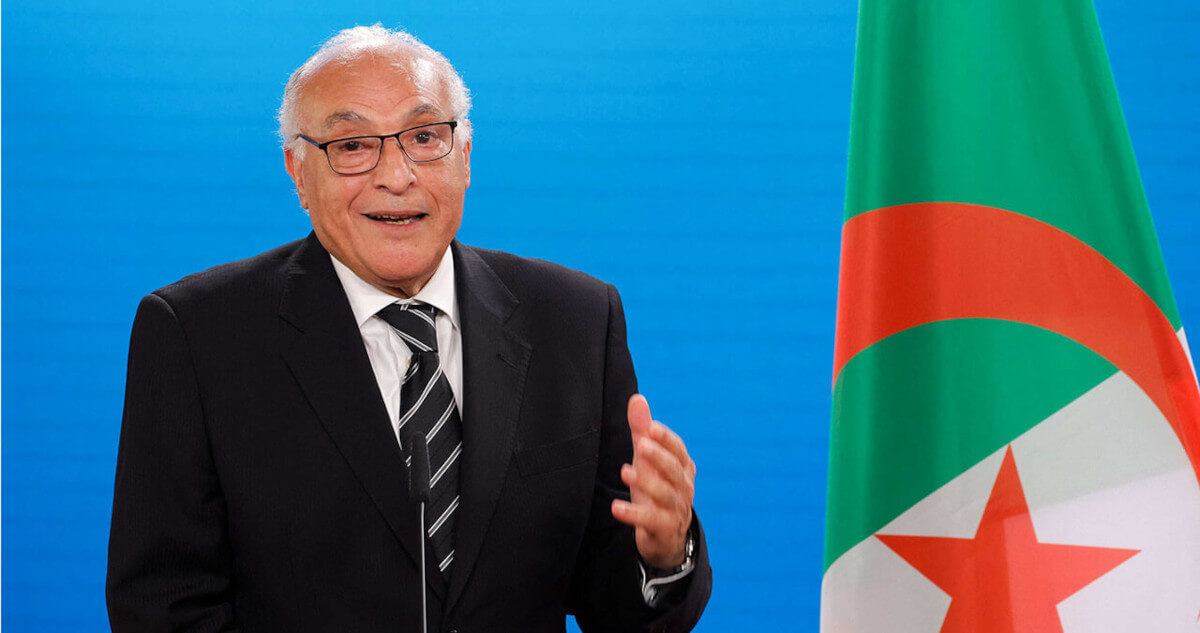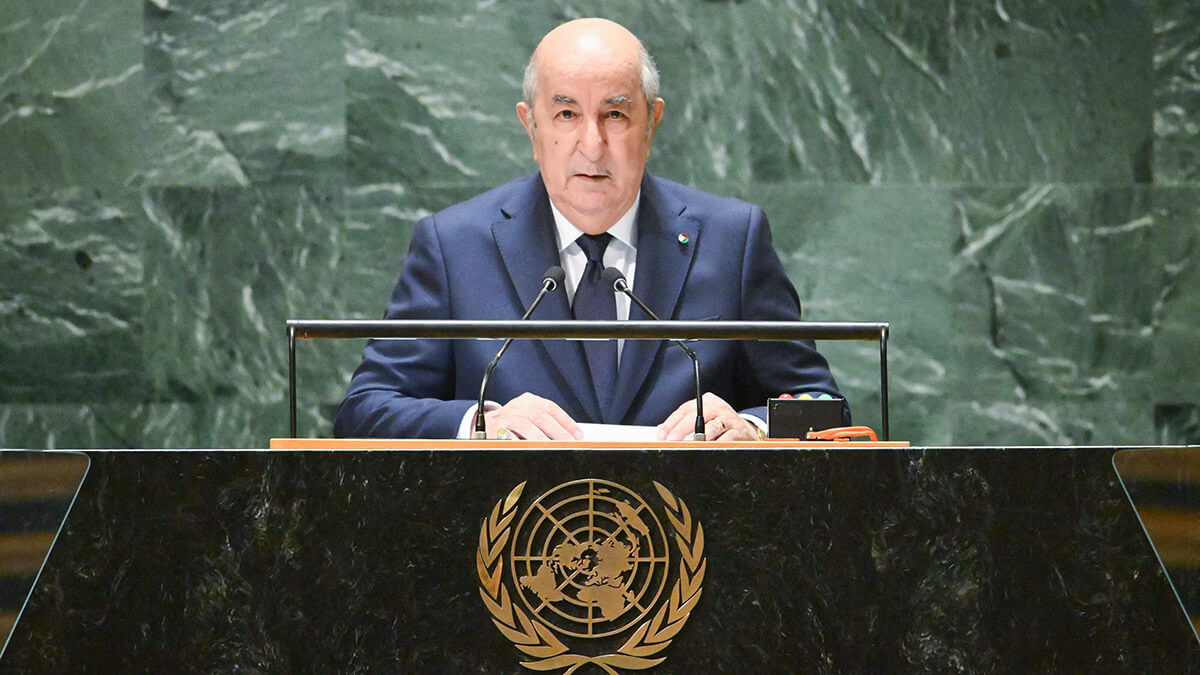Algeria returns to list of countries that allow religious freedom violations

Algeria is once again in Washington's crosshairs for its violations of religious freedom. The US State Department has once again placed the country headed by Abdelmajdid Tebboune on its Special Watch List. Secretary of State Antony Blinken himself has harshly criticised Algeria for its "serious violations" of religious freedom, which has not gone down well in Algiers.
- Algeria outraged by accusations of lack of religious freedom
- Who makes up the Special Watch List
- New setback for Algeria's foreign image
Algeria outraged by accusations of lack of religious freedom
Senior officials in the Tebboune government have been quick to react to what they consider to be "false and inaccurate" information, referring to Blinken's remarks. The head of Algerian diplomacy, Ahmed Attaf, even called the US Secretary of State to reproach Washington for "omitting the efforts made by Algeria to enshrine the principle of freedom of belief and religious practice".

In fact, Attaf stressed his country's willingness to receive "the US Ambassador-at-Large for Religious Freedom in the World in order to clarify the facts and Algeria's effective commitment". However, this does not avoid the reality in Algeria, which has led the US to return the country to a list it was already on in December 2022.
The 2020 reports on religious freedom landed Algiers on the Special Watch List just over a year ago, a situation similar to the current one. The report by the NGO Open Doors has shown strong concern about the treatment of Christians in Algeria. Christians, according to Open Doors, are "restricted" in the way they can exercise their faith, as well as suffering high levels of "harassment and discrimination".

Who makes up the Special Watch List
In addition to Algeria, the US State Department has added four new countries to the list. Azerbaijan, Central African Republic, Comoros and Vietnam are the four that join a growing list of countries that "engage in or tolerate serious violations of religious freedom".
The full list consists of Burma, the People's Republic of China, Cuba, the Democratic People's Republic of Korea (DPRK), Eritrea, Iran, Nicaragua, Pakistan, Russia, Saudi Arabia, Tajikistan and Turkmenistan. All of them, according to the US, "are of particular concern" in terms of religious freedom.
The State Department's latest communiqué states that the goal is to achieve "a world where all people live in dignity and equality". And the US claims to have a historic commitment to freedom of thought: "Promoting freedom of religion or belief has been a fundamental objective of US foreign policy since Congress passed and enacted the International Religious Freedom Act in 1998".

New setback for Algeria's foreign image
Algeria's designation on this list has provoked great dissatisfaction among the Algerian executive precisely because they know the damage it could cause to the country's image. Especially at a time when they are seeking to compete for regional leadership with Morocco, something that is becoming increasingly complicated as setbacks for Algiers continue to occur.
The Tebboune government's current situation is not optimistic in this regard. In addition to the various fronts in which Algeria finds itself immersed, there is the increasingly strong position of its Moroccan rival and its closeness to the United States. While Algeria is increasingly undermined by, in cases such as this one, its anti-religious freedom attitudes, Rabat is closer to the White House and thus closer to strengthening its leadership in North Africa and the Maghreb.








